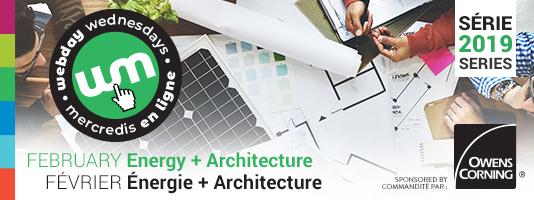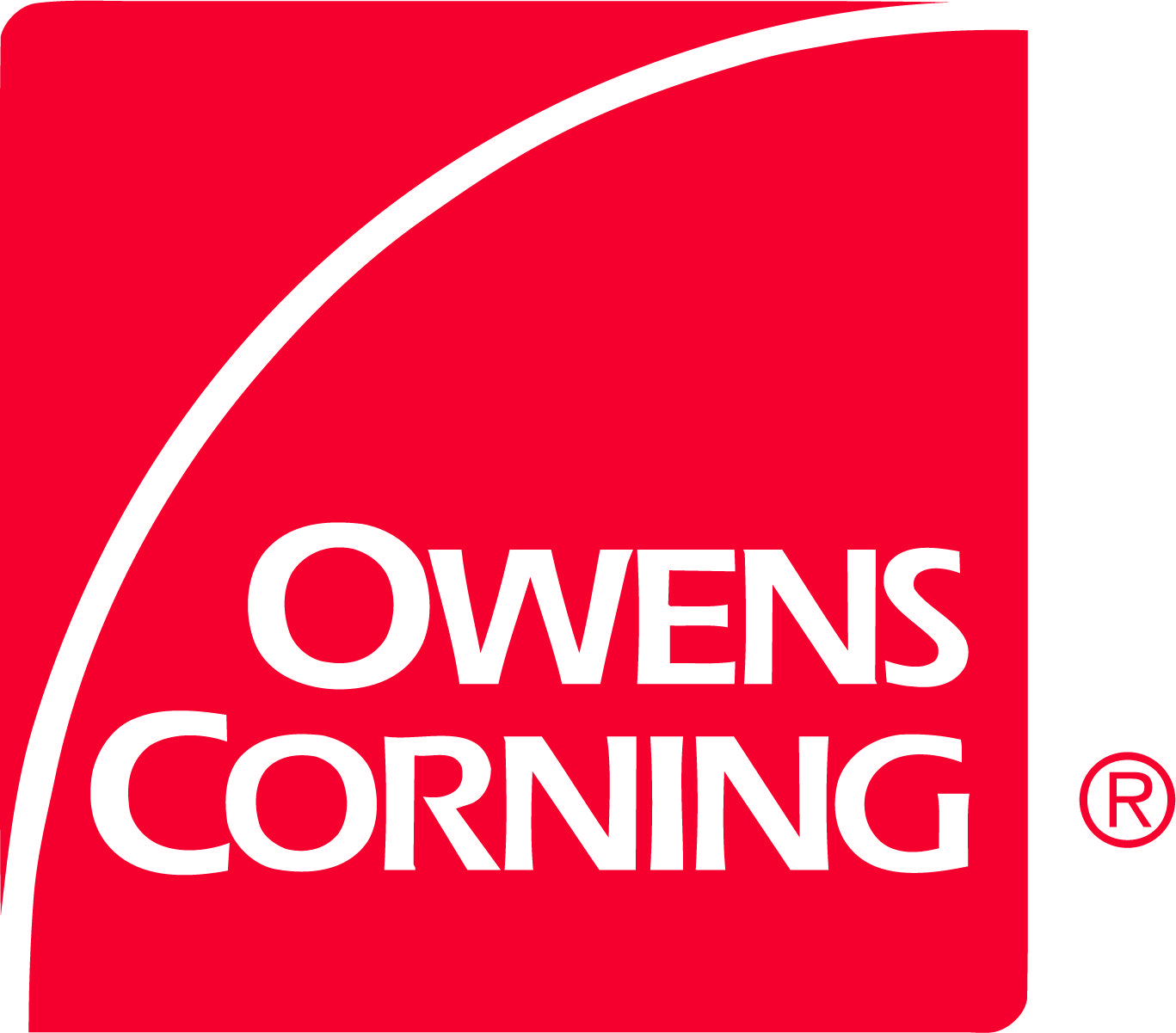Webday Wednesdays - Fast Energy Modeling in Early Design

Fast Energy Modeling in Early Design
Date: Wednesday, February 6, 2019
Experience Level: Introductory
Presenter: Trevor Butler, PEng CEng LEED AP BD+C
Session:
The objective of this session is to demonstrate how the ability to quickly produce accurate, transparent energy models in the early stages of design is crucial to effective building design. The session will introduce and explain a method achieving this that the presenter developed. The session will provide a worked example that demonstrates the benefits of having an accurate and rapidly produced energy model during early design stages. With Building Energy Codes requiring integrated design solutions, the energy modeling costs can be significant and often consume long lead in time to deliver results. The architect needs quick feedback on their conceptual design proposals to assess the relative energy implications while working on the design. This feedback is helpful in assessing energy implications of critical design decisions at the point where those decisions are made, then inform the client and project team.The presenter will directly demonstrate energy software and the overall strategy – including detailed data entries which are necessary for a building energy model of a proposed design to be quickly and accurately produced.
Initially, we will establish the basic site and building parameters which are fundamental inputs to the energy model, and the sequence in which those need to be established. We will then show how resulting energy load information is categorized and formatted, so that the resulting data is easily understood, can immediately inform design decisions, and be shared by the design team. It will also show how multiple models of optional designs can be quickly compared. The modeling method can adapt to zoned, multi-use buildings, and additions to existing buildings. The session will show how the modeling method works across drawing formats and is not restricted to particular CAD packages. The energy models now commonly in use provide detailed energy models at or near the end of the design process. The quick energy model presented is able to produce an accurate, transparent energy model at the earliest stage of design and then go through many iterations as the design progresses. This ensures that the design team and the client can make timely decisions related to the energy implications at the critical of design.
LEARNING OUTCOMES:
At the completion of this session, the participant/learner will be able to:
- Explain how an energy model works;
- Summarize how to build an energy model;
- Describe how to change energy models to optimize performance;
- Restate the main impacts of energy efficiency.
Continuing education learning hours: 1 credit
Trevor Butler is a Professional Engineer, with over 24 years of design experience delivering integrated mechanical HVAC designs into the all sectors of the built environment. Working in the UK – he spent 14 years in London with leading sustainable design practices and was voted the Sustainability Champion of the UK by the design and construction industry. Trevor’s international experience of district scale communities and regenerative buildings has grown since moving to Canada in 2008. His leadership roles on projects all have a strong focus on taking a whole systems approach to design and development to make sure that fully integrated solutions are achieved. He is also undertaking his PhD in net-zero cooling technologies. Trevor’s work is always focused on teamwork with client, design and constructors to weave the bioclimatic conditions with the building design opportunities. The engineering systems are selected only after the building program, orientation and envelope have been arranged to maximize the passive environmental benefits. His goals are focused on Net-Zero Energy, regenerative buildings and communities
This webinar is sponsored by

About Owens Corning
Owens Corning (NYSE: OC) develops, manufactures, and markets insulation, roofing, and composites. Global in scope and human in scale, the company’s market-leading businesses use their deep expertise in materials, manufacturing, and building science to develop products and systems that save energy and improve comfort in commercial and residential buildings. Through its glass reinforcements business, the company makes thousands of products lighter, stronger, and more durable. Ultimately, Owens Corning people and products make the world a better place. Based in Toledo, Ohio, Owens Corning posted 2017 sales of $6.4 billion and employs 19,000 people in 37 countries. It has been a Fortune 500® company for 63 consecutive years. For more information, please visit www.owenscorning.com.
REGISTRATION DEADLINE: Sunday, February 3, 2019
WEBINAR REGISTRATION FEE:
$25 for RAIC members, plus applicable taxes.
$30 for non-members, plus applicable taxes.
SCHEDULE: The Webinar will take place on Wednesday, February 6, 2019, at 1 p.m. ET in English.
The Canada-wide schedule by time zone is:
|
|
PACIFIC |
MOUNTAIN |
CENTRAL |
EAST |
ATLANTIC |
NEWFOUNDLAND |
|
START |
10 a.m. |
11 a.m. |
12 noon |
1 p.m. |
2 p.m. |
2:30 p.m. |
|
END |
11 a.m. |
12 noon |
1 p.m. |
2 p.m. |
3 p.m. |
3:30 p.m. |
More information, including online access instructions and a PDF copy of the slides will be sent to you by email on the Monday prior to the Webday webinar.
Webinar/Course Fields
|



